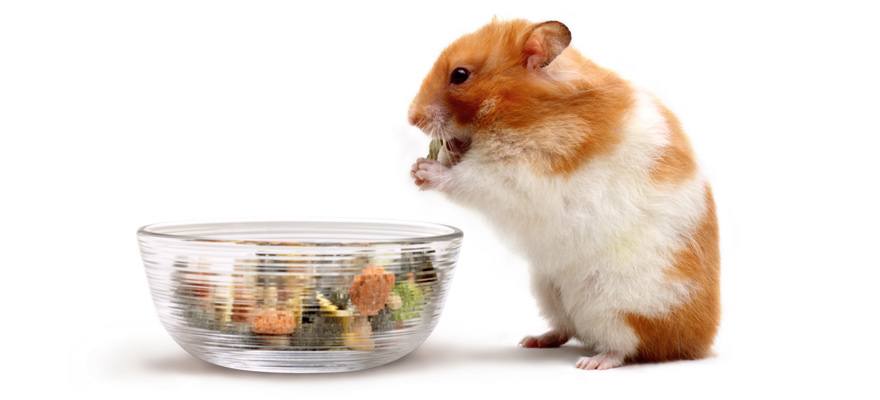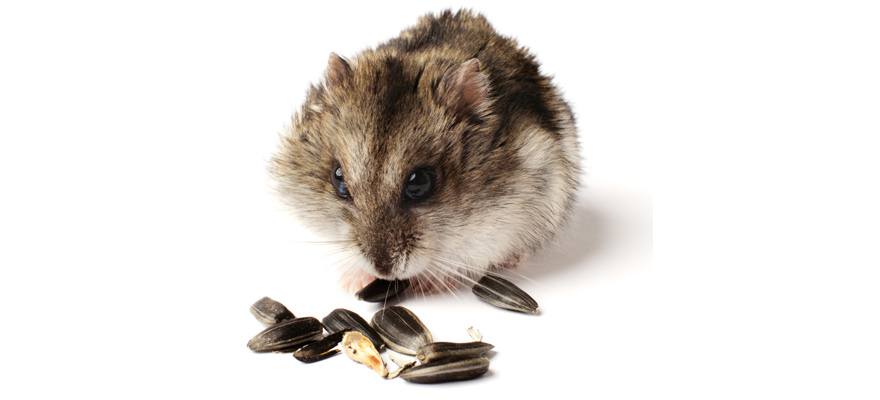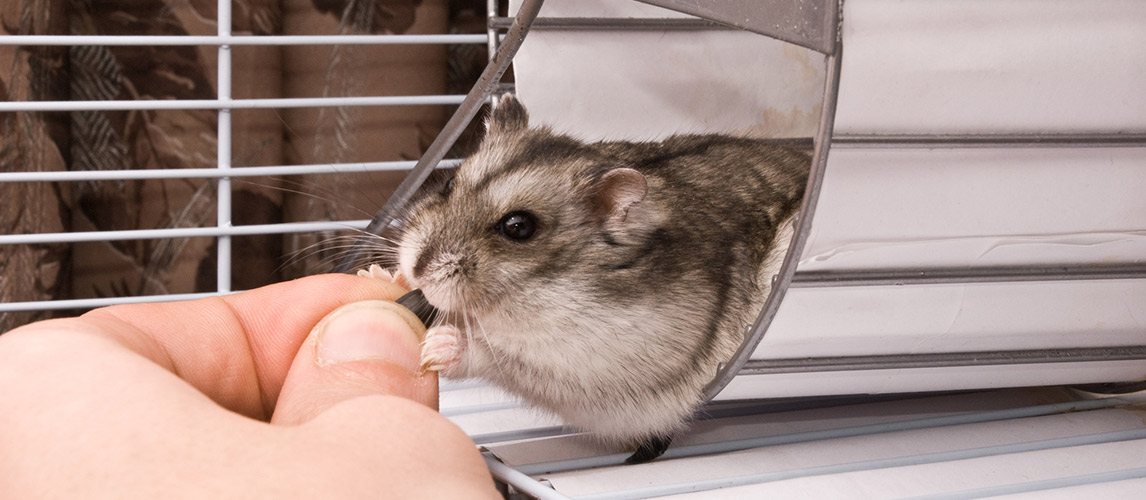All living organisms require some form of food to convert into fuel for a variety of metabolic processes. Without it, the organism simply ceases to exist. And while hamsters are very small creatures ranging from as small as 1 inch to as large as 7 inches, they still require the correct amounts of nutrients for their own physiologic needs. If you have a pet hammie or are seriously considering on getting one for yourself or for your kid, one of the most important questions you will be asking yourself is what to feed your hamster.
 Commercially-Prepared Hammie Treats
Commercially-Prepared Hammie Treats
There are a variety of commercially available hammie foods that have been especially formulate to provide your pet with the correct amounts of macronutrients, vitamins, and minerals. These often come in two forms: seed mixes and pellets.
Pellets are exceptional as these are carefully formulated to contain at least 20 percent protein which is essential for building tissues and improve the overall functioning of the little fellow’s organs. This is also important as hamsters are known to be very active especially on the exercise wheel. Protein gives them the ability to develop stronger muscles. Additionally, pellets are packed with other nutrients that your hammie needs. Sadly, it is very rare to see a hamster eat pellets with gusto.
Seed mixes are hamsters’ absolute favorite because these resemble the food that they eat in the wild. Unfortunately, focusing only on a few types of seeds can adversely affect their nutrition as some nutrients or substances may not be present in these seeds. For example, a seed mix with a greater proportion of sunflower seeds have been shown to lead to a greater incidence of hamster obesity as well as other nutritional deficiencies. There’s another issue with using mixed seeds. Hammies have the tendency to choose only those seeds that they like and leave out the ones they don’t. This can aggravate any existing nutrient deficiencies. To solve these issues, many pet owners feed their hamsters with a combination of pellets and seed mixes. Pellets form the foundation while seed mixes are used as special treats.
Additionally, understand that specific types of hamsters require specific types of prepared food. So it is always wise to look for a commercially available formulation that’s designed specifically for the type of hamster that you have.
Fresh Food
Veterinarians don’t recommend making fresh human food as the primary source of nutrition for hamsters. Commercially prepared hammie foods should be their primary source of nutrition and fresh food be given as special treats. One of the recommendations is to give fresh foods accounting for no more than 10 percent of a hammie’s diet. This should also not be given on a daily basis. Twice or thrice a week should be fine. As a matter of rule, only whole grains, fresh veggies, fresh fruits, and nuts should be given, but only in moderation. Having too much of these can lead to diarrhea in your hamster, not to mention these also contain sugars which can increase their risk of developing diabetes. As such, sugary treats should be avoided as much as possible.
Here are some food items that you can give to your pet hamster.
- Fruits – deseeded apples, cherries, blueberries, raspberries, mangoes, bananas, seedless grapes, peaches, cantaloupes, and strawberries
- Vegetables – carrots, broccoli, spinach, kale, celery, cauliflower, sweet potato, bok choy, cucumber, zucchini, and peas
- Others – unsalted nuts except for almonds, pumpkin seeds, cooked brown rice, plain air-popped popcorn, cooked whole wheat pasta, unsweetened or sugarless whole grain cereals, lentils, toasted or fresh whole grain bread, and small pieces of hard-boiled eggs
Hamsters will surely love these treats in their cage. Unfortunately, you’d have to be forewarned about the very peculiar behavior of these critters. They tend to stuff their pouches with lots of food for some midnight snacks. So, it’s imperative to scour every square inch of your hamster’s cage to make sure there are no hoarded treats that have been uncannily hidden.
If you need help finding good hamster cages, take a look at our buying guide for support and recommendations.
Hammie Food No-Nos
Like all pets, hamsters are particularly susceptible to a variety of health conditions if they accidentally ingest something that is toxic to them; although this ‘something’ is perfectly safe, palatable, and yummy to us humans. As such, the following foods should never be given to hamsters.
- High-fat foods including meats
- Candies and chocolates
- Garlic, onion, and pepper
- Tomato leaves, petals, or sepals
- Junk foods like potato chips and the like
- Beans and potatoes
- Almonds
- All citrus fruits
Making sure our pet hamsters reach their optimum growth entails understanding what foods we can and cannot give them. Their best source of nutrition is commercially prepared foods, although giving them treats from time to time can surely make them happy. For more great info on this, you may also want to read our guide on how to clean a hamster cage properly.
Sources:
- How to Care For a Hamster, HowStuffWorks
- Geoff Williams, What Can Hamsters Eat? Carrots, Grapes, Tomatoes, and More, PetMD


 Commercially-Prepared Hammie Treats
Commercially-Prepared Hammie Treats




